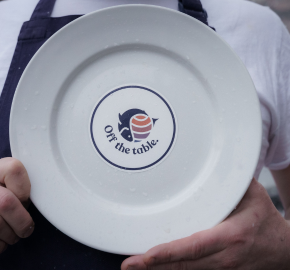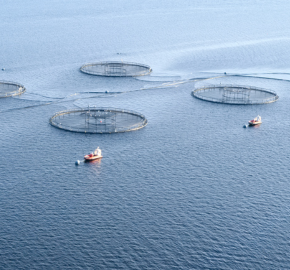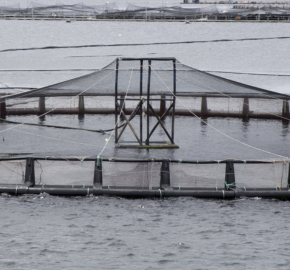Seaspiracy and suspect accreditation schemes
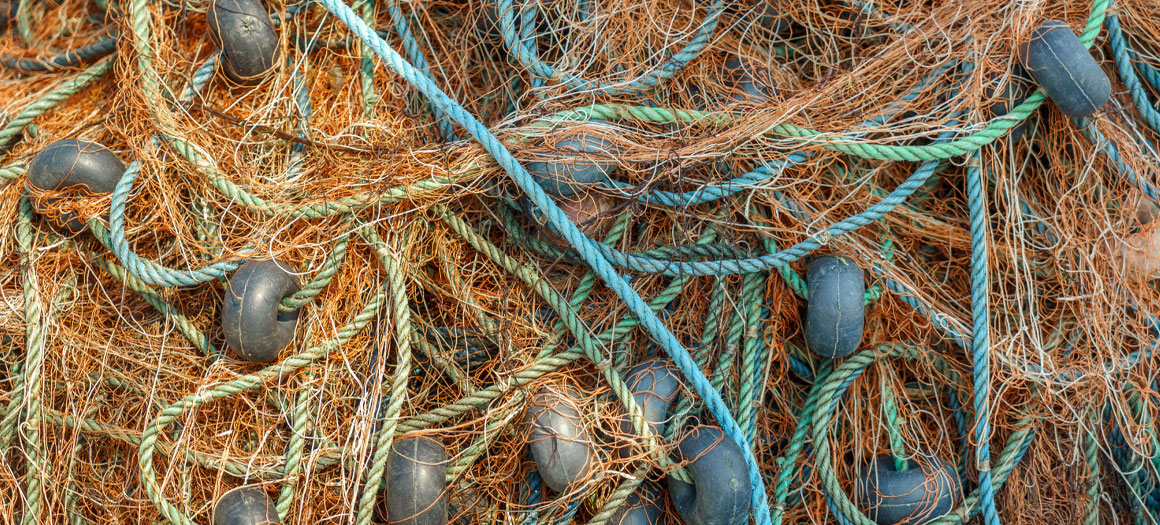
The Netflix documentary Seaspiracy has sent seismic shockwaves through the conglomerate and industrial fishing world. I cannot recall anything that has shone a similarly powerful light on what is a murky and environmentally destructive industry, where the operators are routinely able to avoid meaningful scrutiny simply because they ply their trade and activities far from the public gaze.
Seaspiracy has exposed the unsustainable nature of much of the world’s fish consumption and the ruthlessly efficient and destructive methods employed to feed seemingly insatiable demand. It has sparked much soul-searching into what fish can be consumed with a relatively clear conscience. The benevolent Captain Birdseye image of fishing has been dealt a massive blow.
Yes, inevitably Seaspiracy gets a few facts wrong but to dwell on this is to miss the point. It really hits home on an emotional level, prompting many to review what (if any) fish they buy and to demand radical change to the way that fish stocks are recklessly exploited. It challenges the blinkered centuries-old premise and mindset held by so many fishermen that they have an absolute right, particularly beyond territorial waters, to catch and kill anything and everything that swims.
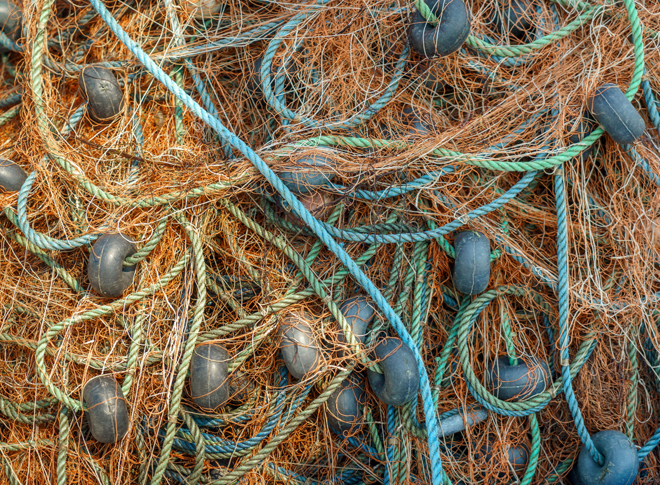
Following the film’s release, the orchestrated feigned outrage and sustained pushback from those with vested interests in the status quo were telling. “Methinks thou dost protest too much” surely applies to those vainly seeking to defend the indefensible. Very much in the firing line were the accreditation organisations who “lend” their names to the labelling of fish products; they were shown to be, at best, highly dubious in terms of any conservation or sustainability guarantees and, at worst, little more than cosy unaccountable architects of monetary transactions.
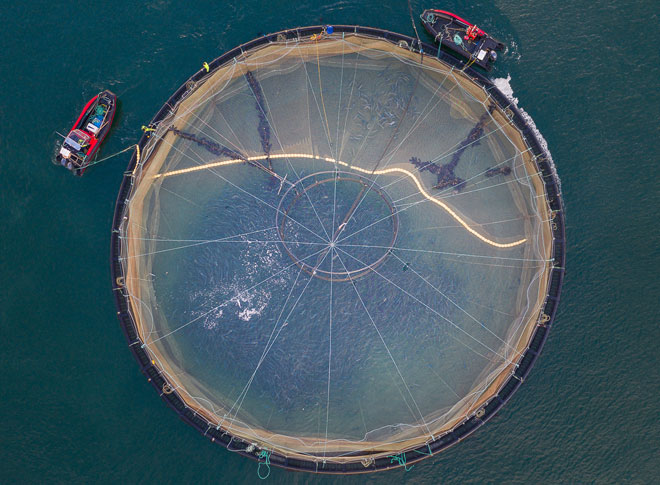
Seaspiracy included a short section on the pernicious issues surrounding salmon farming. It did not examine the validity of accreditation schemes for farmed salmon although there is no doubt that they are similarly compromised as those pertaining to sea fisheries. Leading the cynical branding pack is the RSPCA Assured scheme, which grants welfare accreditation to most of Scotland’s farms, providing an opaque figleaf for the supermarkets to hide behind. The organisation appears all too often to turn a blind eye to serious welfare issues – frequently a proxy for poor fish husbandry with implications for the spread of parasites and disease to wild salmon and sea trout.
The RSPCA, which has no remit in Scotland and makes no unannounced inspection visits to the farms, benefits financially by over £500,000 per annum from its accreditation scheme; the latter is “overseen” by a board of 21 individuals, 18 of whom are employed or funded by the salmon farming industry.
In March Compassion in World Farming published a report including footage of appalling conditions on six Scottish salmon farms, prompting the RSPCA to suspend the accredited status of those farms. This suspension was short-lived because, apparently, inspections found no evidence of any problems, enabling the Scottish Salmon Producers Organisation to trumpet that the six farms have been given “unequivocal bills of clean health”. Their reinstatement underlines just how cynically opportunistic the RSPCA Assured accreditation is, given that the inspections occurred some six months after the footage was filmed with some farms harvested out in the interim!

